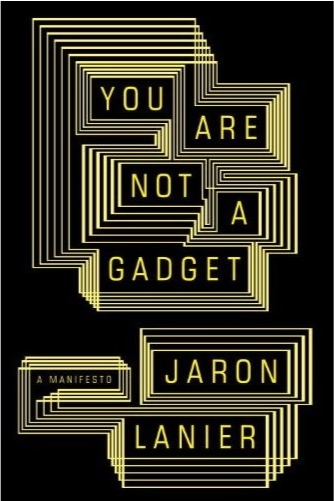--from German theologian Johann Baptist Metz on the practices and teachings of Jesus:
In the end Jesus did not teach an ascending mysticism of closed eyes, but rather a God-mysticism with an increased readiness for perceiving, a mysticism of open eyes, which sees more and not less. It is a mysticism that especially makes visible all invisible and inconvenient suffering, and—convenient or not—pays attention to it and takes responsibility for it, for the sake of a God who is a friend to human beings.
A Passion for God: The Mystical-Political Dimension of Christianity, ed. and trans. J. Matthew
--and well known words from Pedro Arrupe, the beloved Jesuit priest known for his passion, his heart, his work to see and relieve suffering :
Nothing is more practical than finding God, that is, than falling in love in a quite absolute, final way. What you are in love with, what seizes your imagination, will affect everything. It will decide what will get you out of bed in the morning, what you will do with your evenings, how you will spend your weekends, what you read, who you know, what breaks your heart, and what amazes you with joy and gratitude. Fall in love, stay in love and it will decide everything.
--and from Daniel Berrigan:
It all comes down to this: Whose flesh are you touching and why? Whose flesh are you recoiling from and why? Whose flesh are you burning and why.








